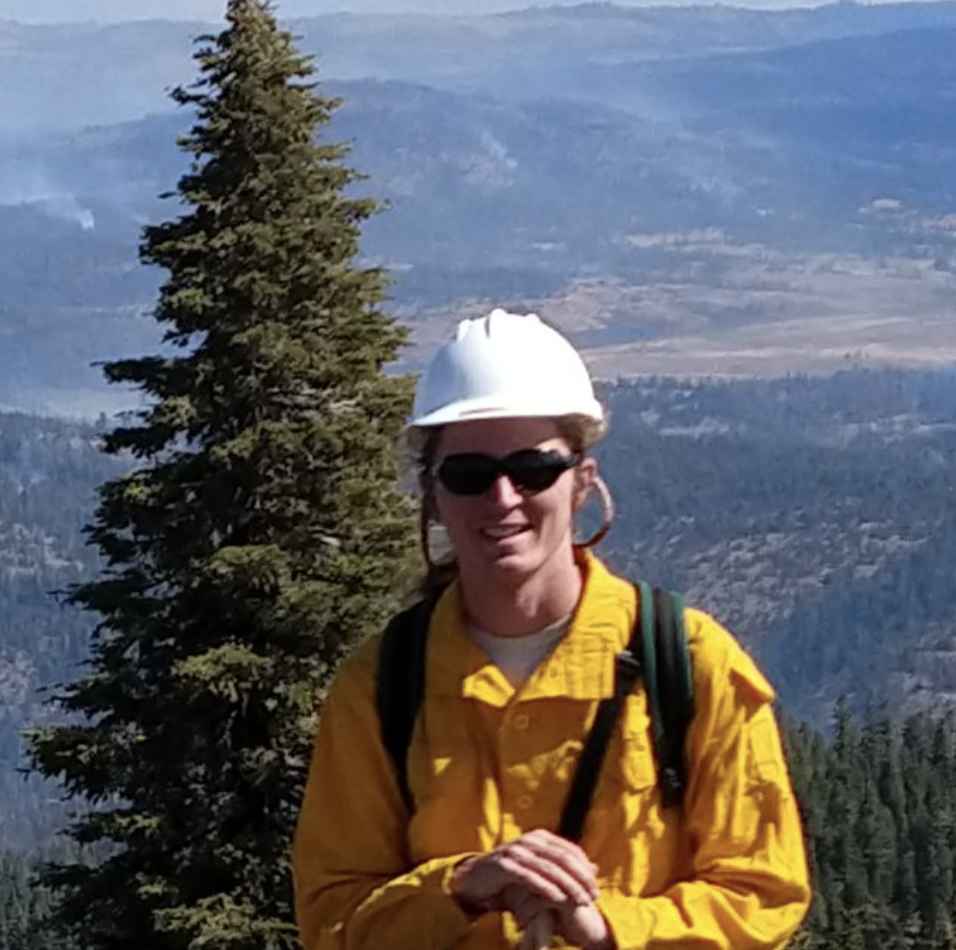Chris Clarke discusses the challenges facing Joshua trees and desert ecosystems with conservation biologist Nick Graver. They explore how climate change, invasive species, and increased human activity threaten these iconic landscapes. Graver, a graduate student at UC Riverside, shares insights on adapting land management strategies, the role of wildfires, and the importance of collaborative action across federal and state entities. As they delve into Graver's research on Joshua tree population modeling, they highlight the critical need for continued efforts to protect the desert's biodiversity for future generations.
In this compelling episode of 90 Miles from Needles, host Chris Clarke engages in a deep conversation with Nick Graver as they explore the pressing challenges facing Joshua Trees and desert conservation efforts amid climate change and governmental policy swings. Recorded during the longest federal government shutdown in U.S. history, this episode highlights the hurdles that scientists and conservationists face in protecting vulnerable species against the backdrop of political instability.
The discussion spotlights key topics such as the impact of invasive species on desert ecosystems, the critical role of the Joshua Tree as a keystone species, and how recent wildfire patterns threaten these iconic symbols of the desert. Graver elaborates on the intricate science behind population modeling and stresses the urgency of coordinated governmental and scientific efforts to preserve these fragile landscapes. As federal support becomes erratic, this episode captures the essence of modern environmental advocacy and the relentless pursuit of conservation in uncertain times.
Key Takeaways:
-
The Joshua Tree faces significant threats from climate change, especially due to invasive grasses and increased occurrences of human-caused wildfires.
-
There is a pressing need for diverse partnerships between governmental bodies, researchers, and indigenous communities to develop effective conservation strategies.
-
Federal and state policy dynamics, including the effects of government shutdowns, severely impact the implementation of conservation efforts.
-
Understanding the life history and reproductive patterns of Joshua Trees provides crucial insights for developing long-term conservation measures.
-
Despite political barriers, continuous advocacy and research are critical to ensuring the survival of Joshua Trees and the broader desert ecosystem.
Notable Quotes:
-
"We've known for 15 or 20 years now that Joshua Trees in particular were threatened by climate change."
-
"If there's nobody there to hear those ideas and implement those changes, then it's all pointless."
-
"Joshua Trees occupy a substantial area in four U.S. states... and is a critically important species."
-
"The trees that we plant in 2025... by the time that those trees grow to adulthood, it will already be 2070."
Resources:
For a deeper understanding of the current state of desert conservation and the challenges faced by Joshua Trees, listen to the full episode.
Become a desert defender!: https://90milesfromneedles.com/donate
See omnystudio.com/listener for privacy information.
Like this episode? Leave a review!
Check out our desert bookstore, buy some podcast merch, or check out our nonprofit mothership, the Desert Advocacy Media Network!

Nick Graver is a dedicated conservation biologist and PhD student at the University of California, Riverside, specializing in population modeling and conservation biology with a particular focus on Joshua Trees. With a background in plant ecology, Graver is committed to studying and protecting the biodiversity of the desert ecosystem, especially in regions like the Mojave Desert. His work aims to develop strategies for sustaining vulnerable desert plant species affected by climate change and human activities.













